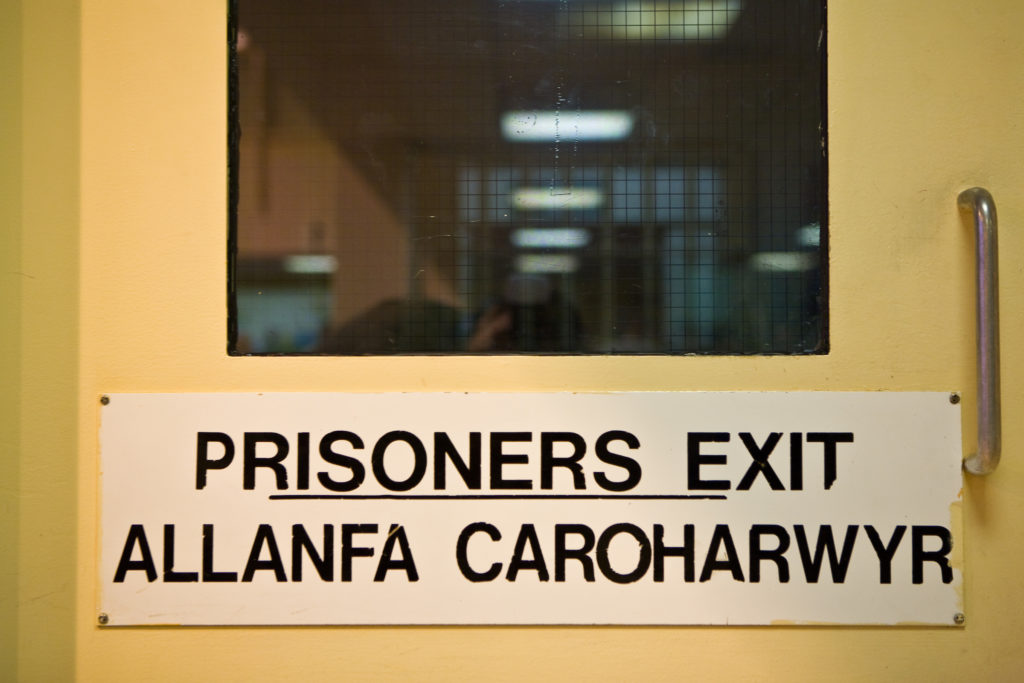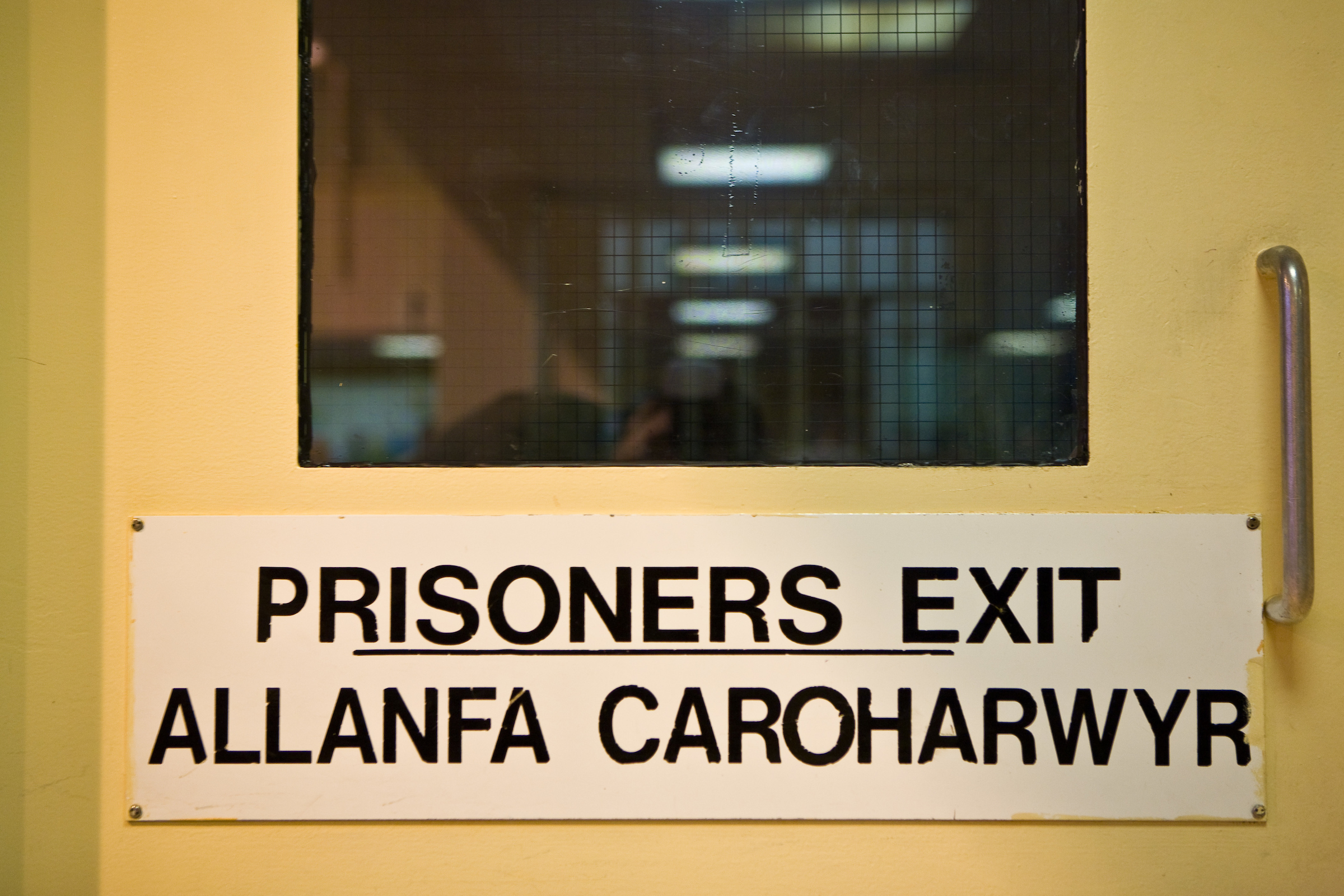The probation service remains ‘significantly strained’ according to the spending watchdog, which has found the service met just 26% of its performance targets in 2024. This was a drop from 50% in 2021.
The Probation Service helps offenders integrate into society, costing £1.45 billion last year. However, the latest report by the National Audit Office found that the service faces staff shortages, increasing workloads, and unsatisfactory results. Only 79% of target staffing levels for qualified Probation Officers have been met, leaving around 1,500 vacancies across England and Wales. Ten of twelve regions are operating beyond full capacity, and almost half of local delivery units are rated ‘Red’ or ‘Amber’ for performance.
To ease pressure, the HM Prison and Probation Service (PPS) introduced temporary schemes such as ‘Reset’ and ‘Impact’, which reduce supervision for lower-risk offenders. The NAO warned that these measures might reduce pressure temporarily but risk undermining rehabilitation and public safety if continued without proper evaluation.
In February 2025, HMPPS launched its ‘Our Future Probation Service’ (OFPS) programme, aiming to reduce workloads by 25% through digital reforms and revised supervision models. The NAO described the plan as ‘bold’ but ‘high-risk’, warning that the government must: Manage OFPS risks robustly, limit disruption to staff, and monitor the impact of reduced oversight on public safety.
A statement from Sir Geoffrey Clinton-Brown MP, Chair of the Committee of Public Accounts, emphasised the importance of an effective Probation Service to ‘support the successful rehabilitation of offenders into the community, protect the public’ and to ‘significantly reduce the cost of reoffending to society’ estimated to total £21 billion. He cautioned however that the new programme proposed by HMPPS ‘carries a high level of risk’ which must be understood and effectively managed ‘ensure the long-term resilience of the Probation Service and better outcomes for offenders.’
The report concludes that ‘the Probation Service is currently unsustainable’ and calls on the MoJ and HMPPS to reassess workforce needs, set clear risk thresholds, and evaluate the impact of reduced supervision on public safety. It warns that unless the government acts urgently, reforms to expand community sentencing and reduce prison numbers could further overload an already fragile system.
Pressure on the service will intensify as the government reduces prison use. The Independent Sentencing Review and Prison Capacity Review recommend more community sentences and earlier releases to ease overcrowding, shifting more offenders onto probation. With prisons nearly full, this could increase community supervision by about 20% by 2028, despite HMPPS expecting a persistent shortfall of around 3,000 probation staff by 2026–27. The NAO warns this expansion might stretch probation ‘beyond sustainable limits’.







